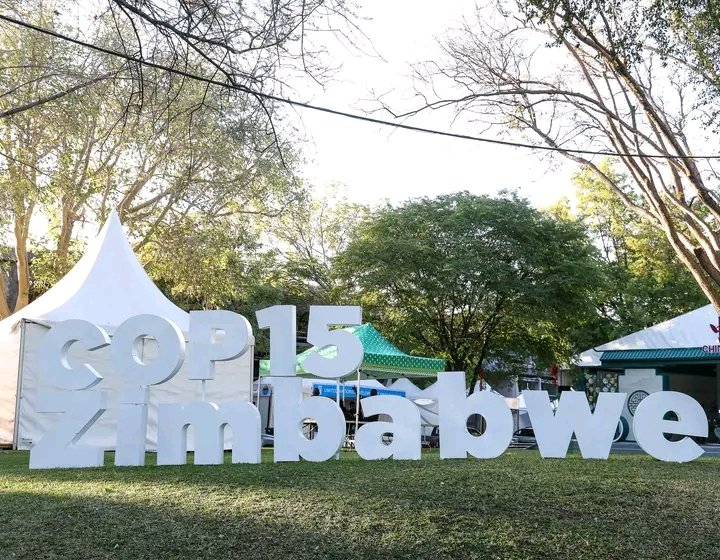MSD Joins Ministry at COP15 as Zimbabwe Assumes Presidency from China
Zimbabwe Leads Global Wetland Talks at Ramsar COP15
The Meteorological Services Department (MSD) of Zimbabwe is actively participating in the 15th meeting of the Conference of the Contracting Parties to the Ramsar Convention on Wetlands (COP15), currently underway in Victoria Falls. MSD joins the Ministry of Environment, Climate and Wildlife in representing Zimbabwe, which officially assumed the COP15 presidency from the People’s Republic of China. Delegates from 172 countries are in attendance.

Signed in 1971, the Ramsar Convention remains the only global treaty devoted exclusively to wetland conservation and sustainable management. The week-long conference, running from July 23 to July 31, is set to culminate in the adoption of the Victoria Falls Declaration, a landmark call for increased international efforts in wetland restoration and a proposal to establish a Global Wetland Restoration Fund.
In his opening remarks, President Emmerson Mnangagwa underscored the transformative potential of the declaration, emphasizing the importance of mobilizing resources, enhancing political commitment, and investing in wetland conservation strategies.
💨 Bringing Meteorology to the Forefront
MSD’s participation reflects Zimbabwe’s growing recognition of the critical role that climate science and meteorological data play in the sustainable management of wetlands. By contributing expertise on rainfall patterns, temperature shifts, and extreme weather trends.
MSD plays a pivotal role in predicting and managing the impact of climate variability on wetland ecosystems. By analyzing long-term atmospheric trends and short-term weather phenomena, MSD helps anticipate shifts that may threaten the delicate balance of these environments. Their expertise also supports adaptive land use planning and flood mitigation through robust seasonal forecasting models. These forecasts guide decision-makers in minimizing the risk to communities and infrastructure while maintaining ecological integrity.
Beyond forecasting, MSD contributes to the enhancement of early warning systems aimed at protecting vulnerable wetland habitats and surrounding populations. These systems offer timely alerts that empower local authorities and stakeholders to respond proactively to extreme weather events. Furthermore, MSD fosters cross-border collaboration on climate-resilient wetland stewardship, sharing meteorological data and best practices with regional and international partners to promote unified and sustainable management strategies.
Through MSD’s scientific contributions, Zimbabwe is demonstrating leadership in merging environmental diplomacy with evidence-based climate action, ensuring that wetlands are not only preserved but prepared to thrive in a changing global climate.

